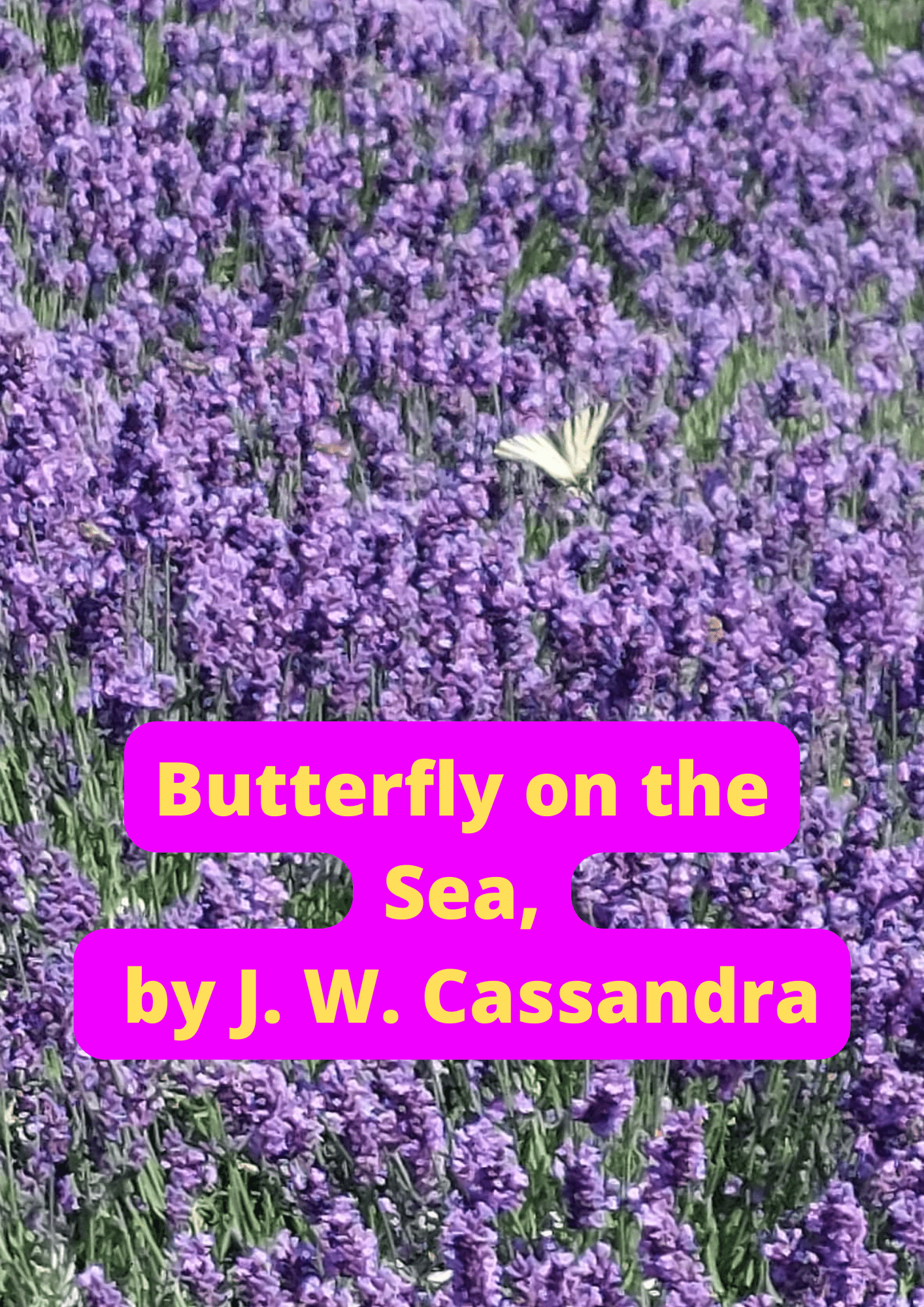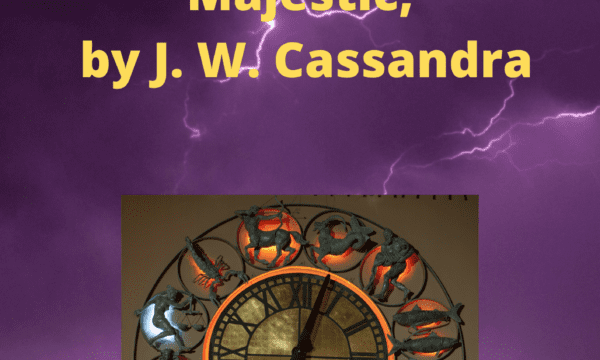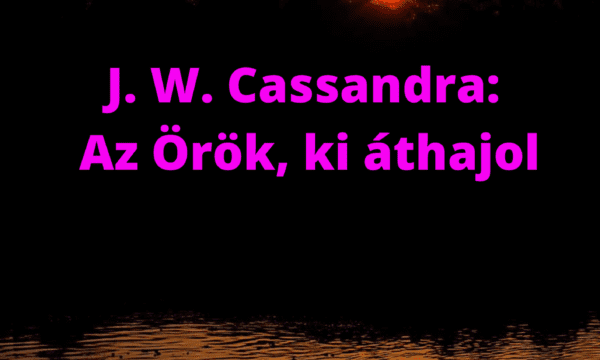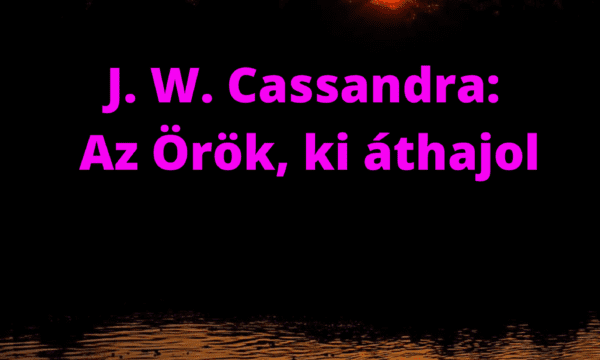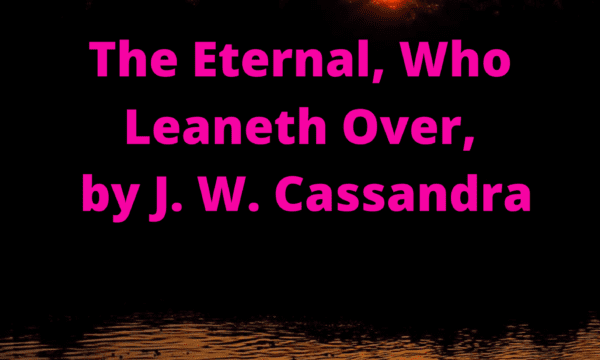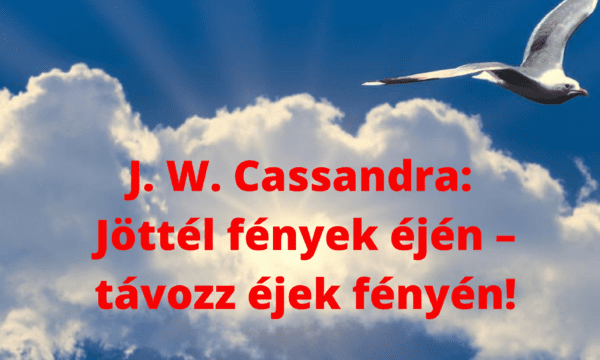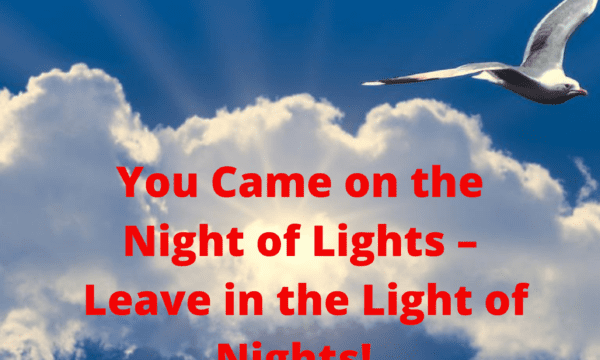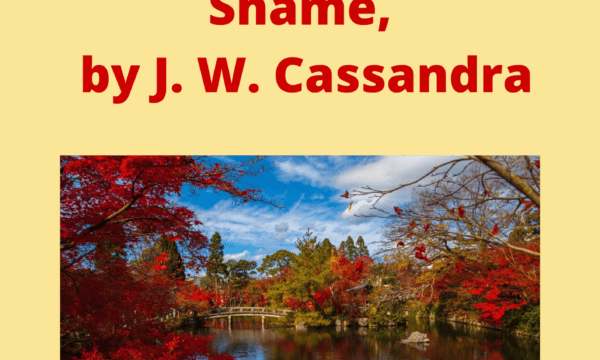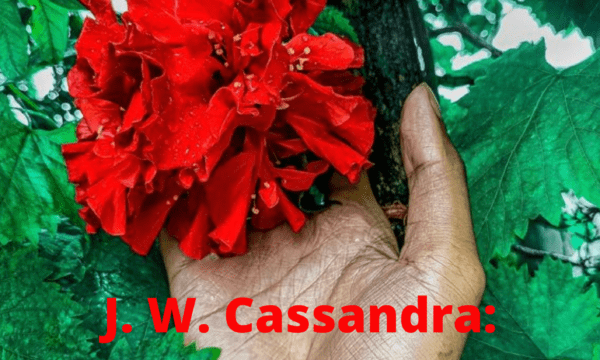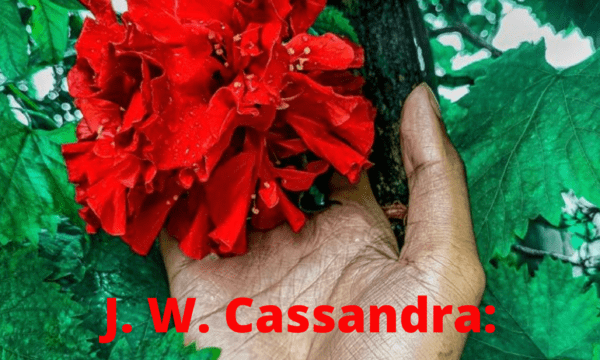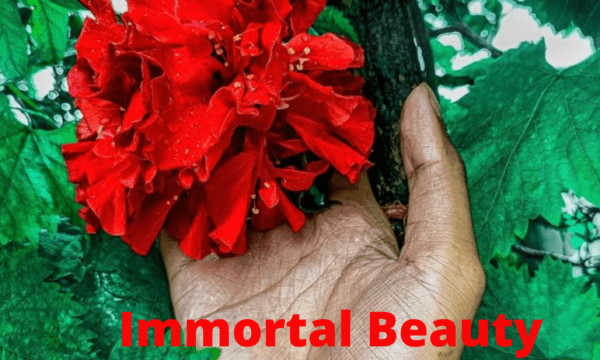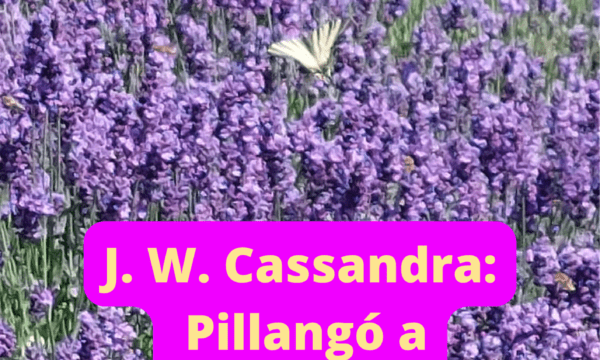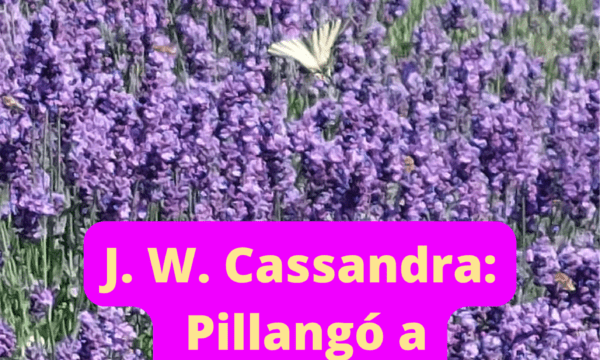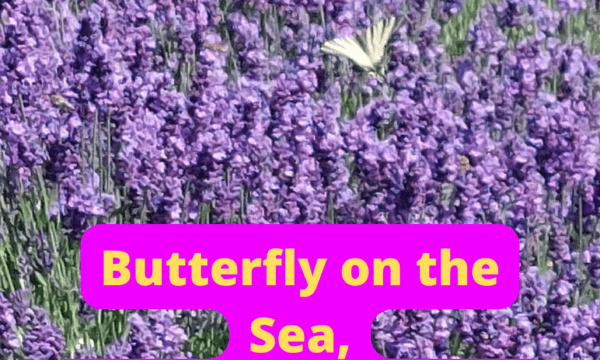Song of the Majestic, by J. W. Cassandra: this poem I wanted to share here for a long time. It belongs to the cycle “Song of Silence” for a while beyond a volume. The poem itself tells about the coming creation of a new epoch, about end of time and a resounding voice that creates singing on wall of silence… Illustration is by David Mark, from Pixabay. Here I share the English version and right after this one the Hungarian poem, as well. I hope you will like it!
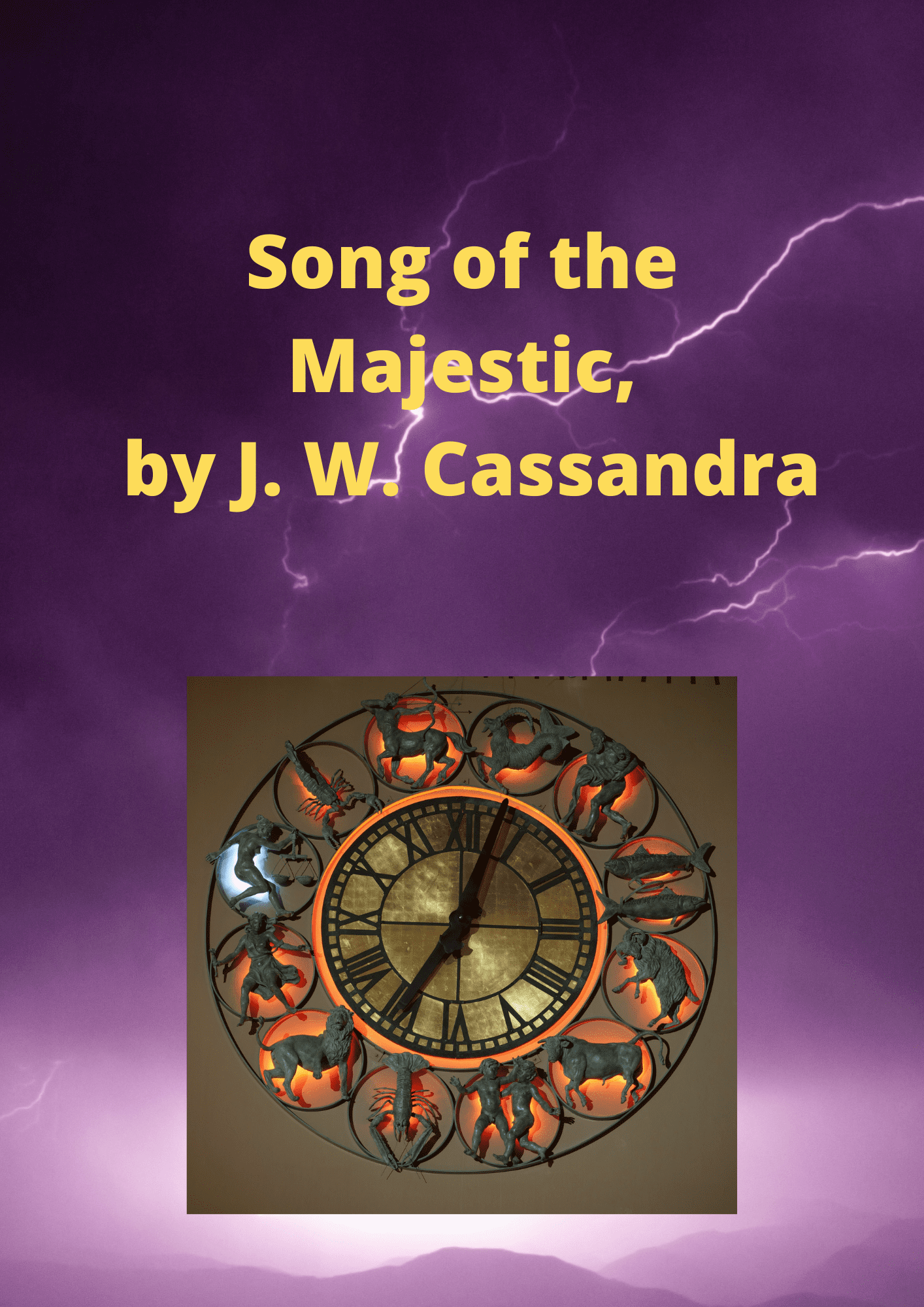

J. W. Cassandra: Az Örök, ki áthajol: ez a vers folytatója az előző kettős versnek, a “Jöttél fények éjén – távozz éjek fényén!” címűnek, amely sokszoros ellentétekre épül. A kettős vers megragadható a tézis – antitézis, vagy a dualitás aspektusából. Ez a vers a szintézis vagy feloldás. A 3 vers együtt a 14., “Tízmilliószoros Nap” * c. kötetembe tartozik, a “Tükréből kilép” ciklusba. “Az Igazság heroldja” című versem mellé raktam őket. Ezek együtt bizonyos hermetikus jelentést hordoznak. A jelen versnek mind az angol, mind a magyar verzióját megosztom itt. Illusztráció: Ambir Tolang, Pixabay. Remélem, elolvassátok mind a három verset, és hogy tetszeni is fognak! * Az angol változatnál megadtam a ‘nap’ homoníma jelentéseit. (The Eternal, Who Leaneth Over, by J. W. Cassandra: This poem continues the previous double poem “You Came on the Night of Lights – Leave in the Light of Nights!” that is built on multiple contrasts. The double poem can be seen from aspect thesis and synthesis or duality. This poem is the synthesis or abslovation. The 3 poems altogether belong to my volume 14, “Ten Million-fold Sun / Day” *, cycle “He Steps out of His Mirror”. I placed them next to the “Herald of Truth”. They altogether bear a certain hermetic meaning. I share both the English and the Hungarian version of this poem. Illustration is by Ambir Tolang, from Pixabay. I hope, you’ll read all the 3 poems, one after the other and you’ll like them! * In the English version I gave the meaning of the homonym ‘nap’ (‘day’ or ‘sun’.)
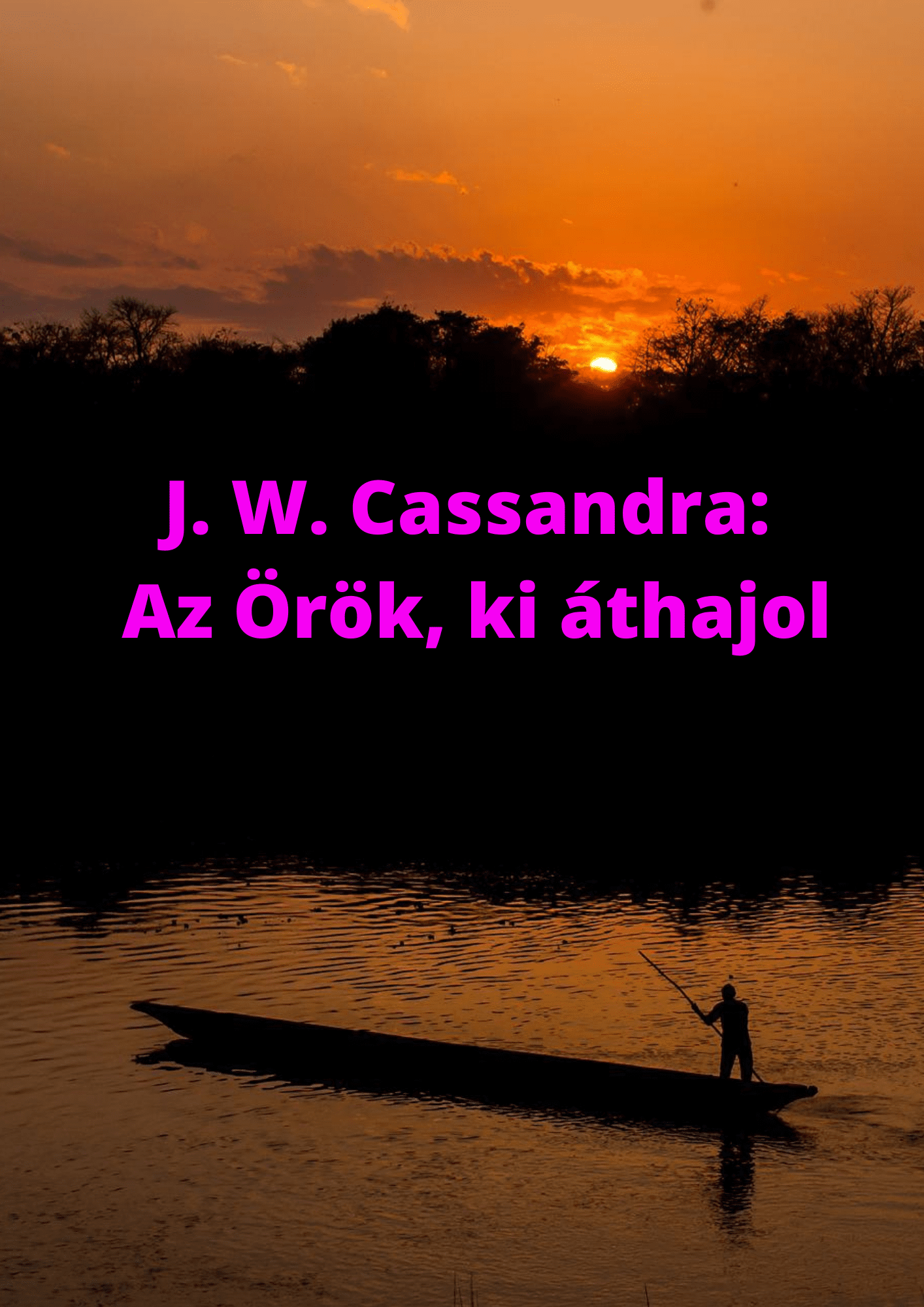

J. W. Cassandra: Az Öörk, ki áthajol: ez a vers folytatója az előző kettős versnek, a “Jöttél fények éjén – távozz éjek fényén!” címűnek, amely sokszoros ellentétekre épül. A kettős vers megragadható a tézis – antitézis, vagy a dualitás aspektusából. Ez a vers a szintézis vagy feloldás. A 3 vers együtt a 14., “Tízmilliószoros Nap” * c. kötetembe tartozik, a “Tükréből kilép” ciklusba. “Az Igazság heroldja” című versem mellé raktam őket. Ezek együtt bizonyos hermetikus jelentést hordoznak. A jelen versnek mind az angol, mind a magyar verzióját megosztom itt. Illusztráció: Ambir Tolang, Pixabay. Remélem, elolvassátok mind a három verset, és hogy tetszeni is fognak! * Az angol változatnál megadtam a ‘nap’ homoníma jelentéseit. (The Eternal, Who Leaneth Over, by J. W. Cassandra: This poem continues the previous double poem “You Came on the Night of Lights – Leave in the Light of Nights!” that is built on multiple contrasts. The double poem can be seen from aspect thesis and synthesis or duality. This poem is the synthesis or abslovation. The 3 poems altogether belong to my volume 14, “Ten Million-fold Sun / Day” *, cycle “He Steps out of His Mirror”. I placed them next to the “Herald of Truth”. They altogether bear a certain hermetic meaning. I share both the English and the Hungarian version of this poem. Illustration is by Ambir Tolang, from Pixabay. I hope, you’ll read all the 3 poems, one after the other and you’ll like them! * In the English version I gave the meaning of the homonym ‘nap’ (‘day’ or ‘sun’.)
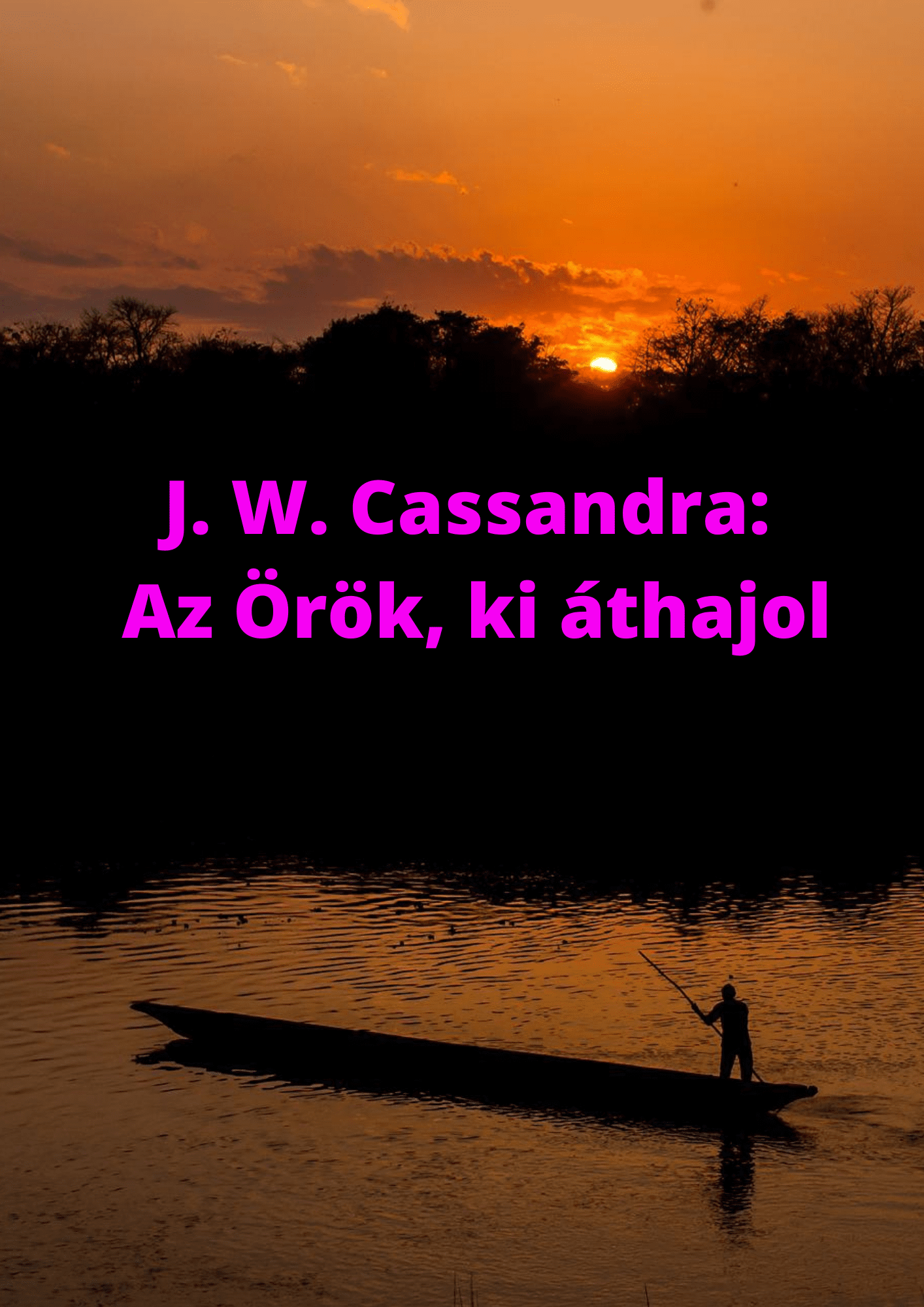

The Eternal, Who Leaneth Over, by J. W. Cassandra: This poem continues the previous double poem “You Came on the Night of Lights – Leave in the Light of Nights!” that is built on multiple contrasts. The double poem can be seen from aspect thesis and synthesis or duality. This poem is the synthesis or abslovation. The 3 poems altogether belong to my volume 14, “Ten Million-fold Sun / Day” *, cycle “He Steps out of His Mirror”. I placed them next to the “Herald of Truth”. They altogether bear a certain hermetic meaning. I shar both the English and the Hungarian version of this poem. Illustration is by Ambir Tolang, from Pixabay. I hope, you’ll read all the 3 poems, one after the other and you’ll like them! * The Hungarian word ‘nap’ is a homonym in Hungarian with the meanings ‘sun’ and ‘day’. I prefer in my volume the previous one.
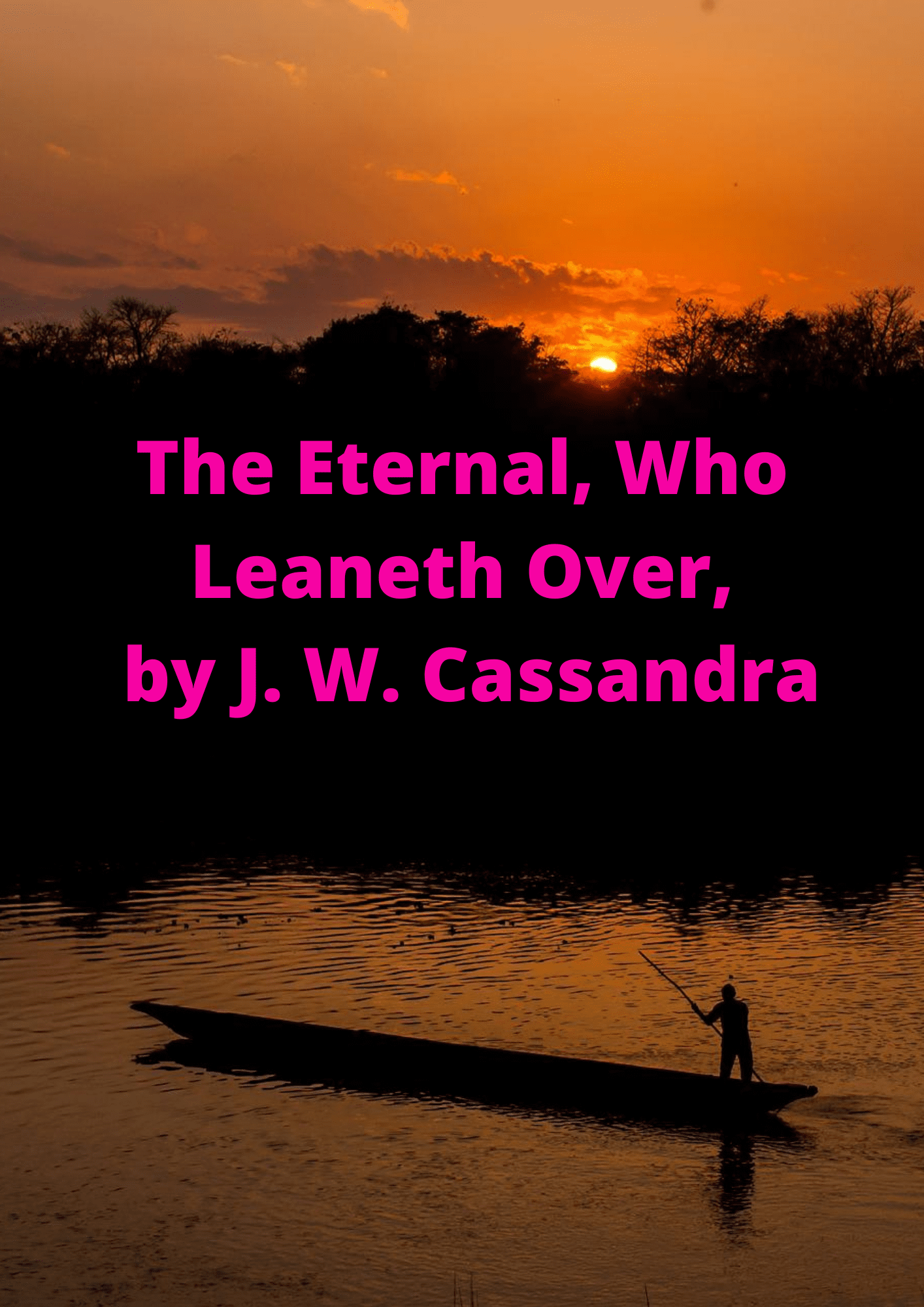

J. W. Cassandra: Jöttél fények éjén – távozz éjek fényén!: a vers sokszoros ellentétre épül és 2 versből áll, amelyek szorosan összetratoznak, ugyanakkor ellentétet is alkotnak. Szemlélhetők a tézis – antitézis aspektusából is. A 3. verset is megírtam hozzájuk, azt is meg fogom osztani. Ez a páros vers a dualitásról szól. A verset a 3.-kal a 14., “Tízmilliószoros Nap” című kötetembe raktam, a “Tükréből kilép” ciklusba, “Az Igazság heroldja” című versem mellé. Ezek a versek együtt bizonyos hermetikus jelentést hordoznak, míg ez a kettős vers samanisztikus színezetű is egyben. Az angol változatot is megosztottam, ott megadtam a ‘nap’ homoníma magyarázatát is. Illusztráció: WorldInMyEyes, Pixabay. Ez után fogom megosztani a 3. verset, “Az Örök, ki áthajol” címűt. Remélem, tetszeni fognak. (You Came on the Night of Lights – Leave in the Light of Nights!, by J. W. Cassandra: The poem is built on multipled contrasts and consists of 2 poems, belonging tightly to each other and making opposites. It can be seen from aspect of thesis and antithesis, as well. I wrote to it a 3rd poem, a synthesis, I’ll share it here, as well. This double poem in itself tells of duality. The poem I placed along with the 3rd one to my volume 14, “Ten Million-fold Day / Sun”, cycle “He Steps out of His Mirror”, next to my poem “Herald of Truth”. These poems altogether bear a certain hermetic meaning, while this double poem has some shamanistic hue, as well. I shared before this poem the English version, as well and I gave there the explanation on the homonym ‘nap’ (‘day’ or ‘sun’). Illustration is by WorldInMyEyes, from Pixabay. And after these poems I’ll post here the 3rd one “The Eternal, Who Leaneth Over”. I hope you’ll like it.
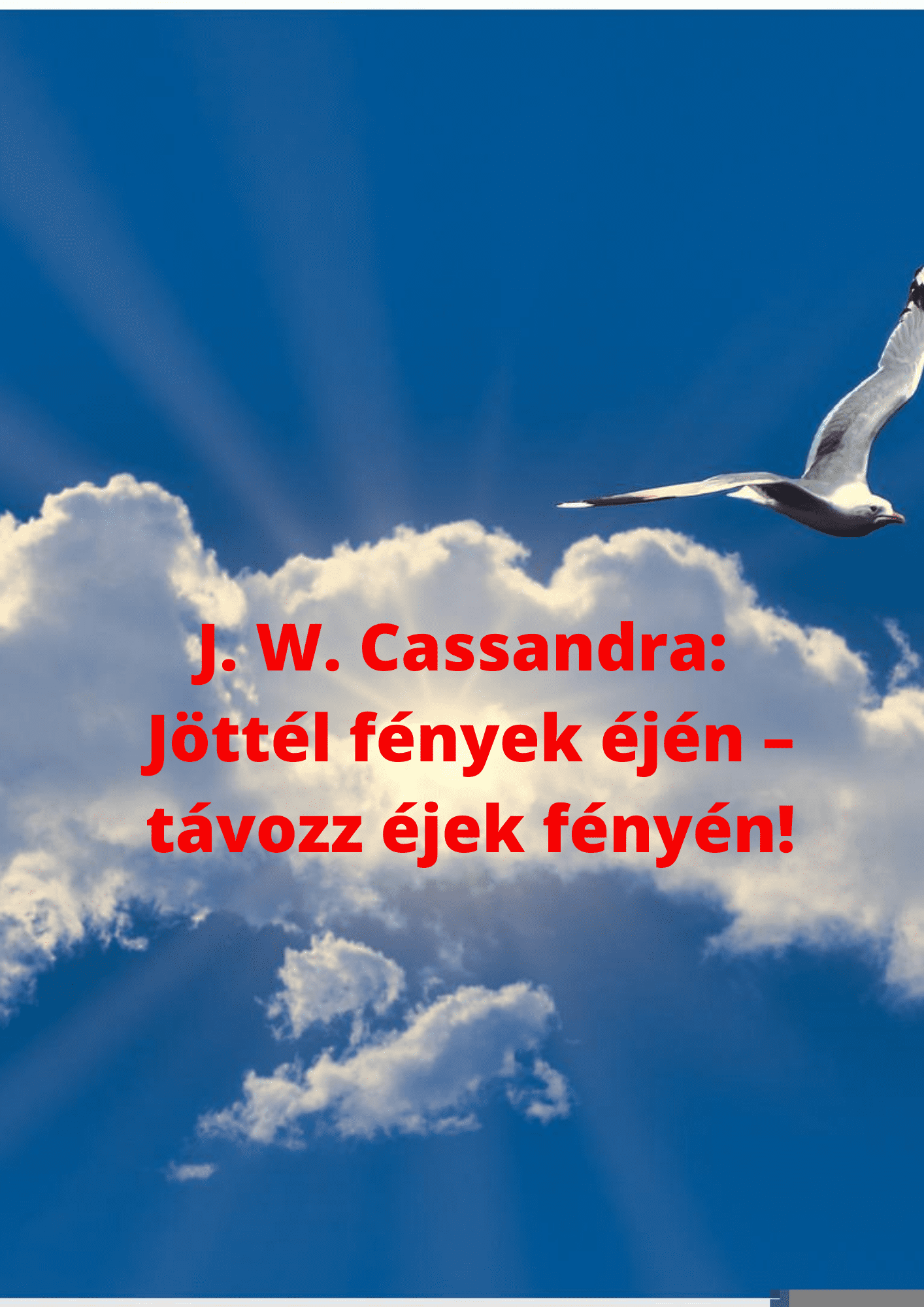

You Came on the Night of Lights – Leave in the Light of Nights!, by J. W. Cassandra: The poem is built on multipled contrasts and consists of 2 poems, belonging tightly to each other and making opposites. It can be seen from aspect of thesis and antithesis, as well. I wrote to it a 3rd poem, a synthesis, I’ll share it here, as well. This double poem in itself tells of duality. The poem I placed along with the 3rd one to my volume 14, “Ten Million-fold Day / Sun” *, cycle “He Steps out of His Mirror”, next to my poem “Herald of Truth”. These poems altogether bear a certain hermetic meaning, while this double poem has some shamanistic hue, as well. After the English version I’ll share here the Hungarian one. Illustration is by WorldInMyEyes, from Pixabay. And after these poems I’ll post here the 3rd one “The Eternal, Who Leaneth Over”. I hope you’ll like it. * The word in Hungarian is a homonym, it means both ‘sun’ and ‘day’. I prefer its meaning ‘sun’ in my volume.
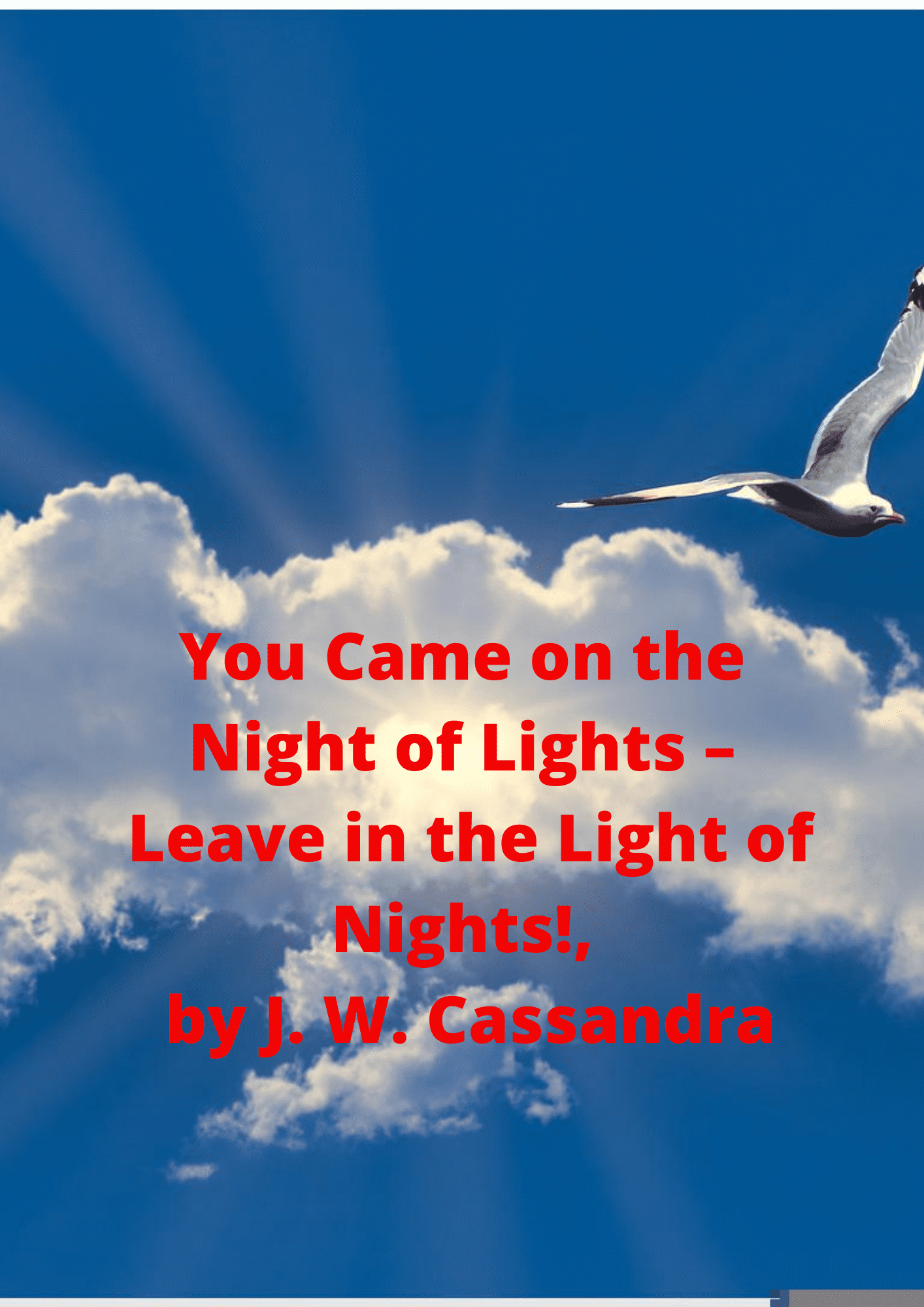

J. W. Cassandra: Vérvörös szégyenben: ez a kis vers szabálytalan, ráadásul mintegy egy hónapja írtam, egy gyönyörű vérvörös juharfákkal körülvett japán templom fotóját látva. Az a fotó nem az enyém. A vers műfaja kicsit vallomás is. Elször angolul írtam meg, azután magyarul is. Még nem raktam be egyik kötetembe sem, majd később fogom. Itt mindkét versváltozatot megosztom, egymás után. Illusztráció: Adam Derewecki, Pixabay. (In a Bloodred Shame, by J. W. Cassandra: this little poem is irregular and I wrote it almost a month ago, glancing a photo of a Japanese temple surrounded with beautiful bloodred maple trees. That photo I don’t own. The genre of the poem is a kind of confession. I wrote it first in English then I wrote it in Hungarian, as well. I didn’t place it into any of my volumes yet, I’ll do it later. I share here both the poem versions, one after the other. Illustration is by Adam Derewecki, from Pixabay.)
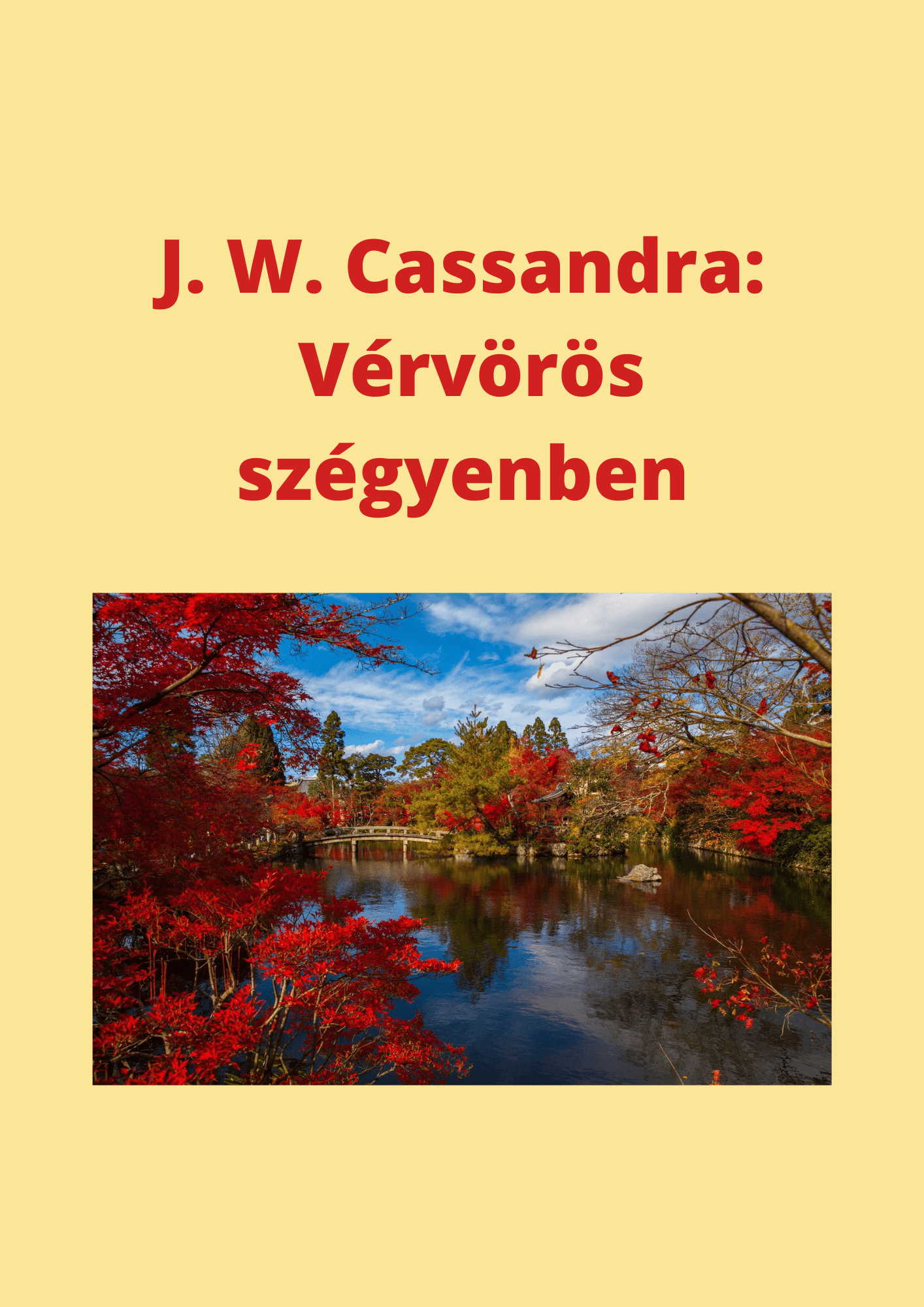

In a Bloodred Shame, by J. W. Cassandra: this little poem is irregular and I wrote it almost a month ago, glancing a photo of a Japanese temple surrounded with beautiful bloodred maple trees. That photo I don’t own. The genre of the poem is a kind of confession. I wrote it first in English then I wrote it in Hungarian, as well. I didn’t place it into any of my volumes yet, I’ll do it later. I share here both the poem versions, one after the other. Illustration is by Adam Derewecki, from Pixabay.
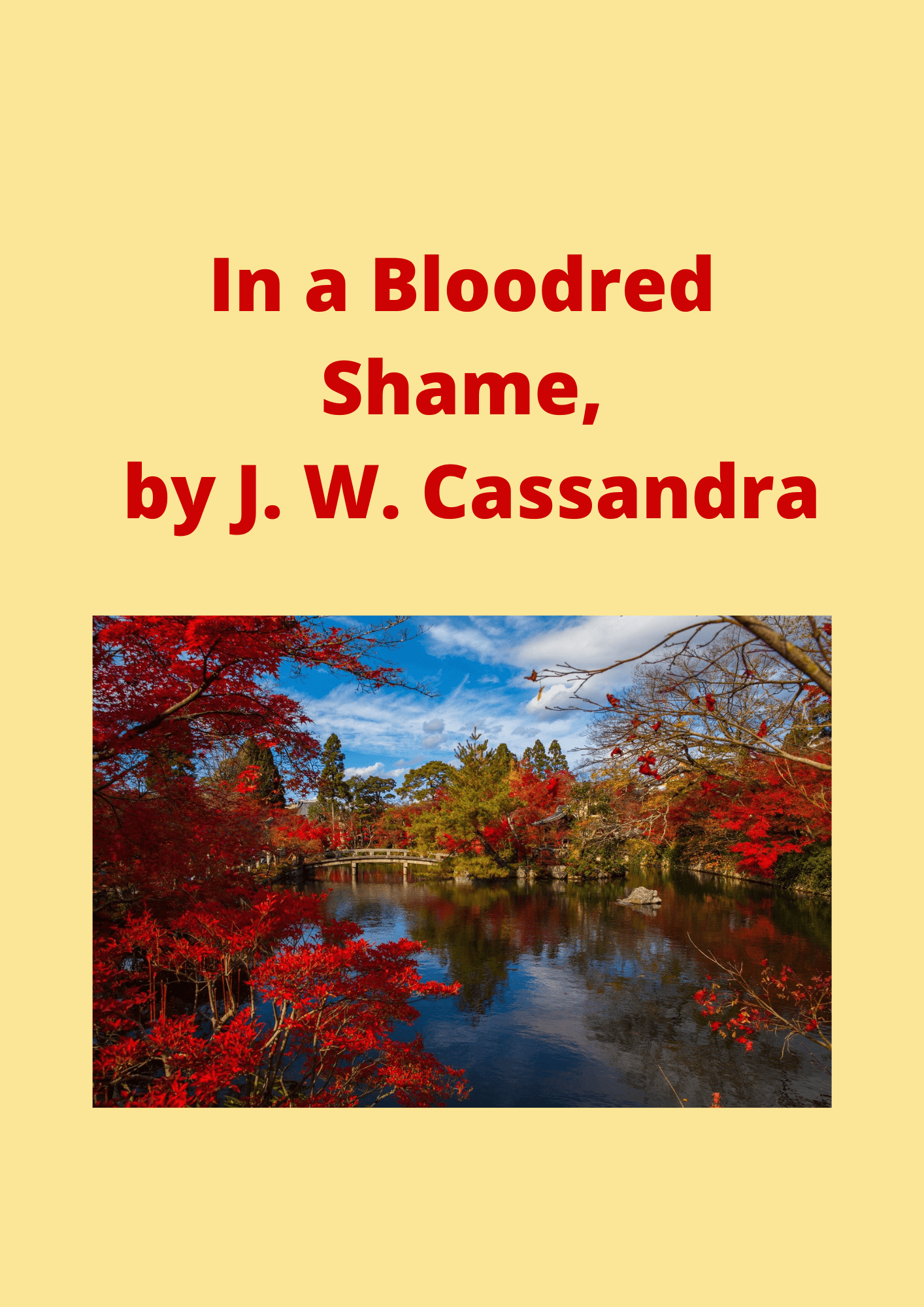

The grace of understanding and empathy, kindness and respecting an individual’s rights and choices – is undoubtedly beautiful. AND the practice of this rather than ‘expectations’ is the path where ‘peace’ and ‘satisfaction’ definitely place themselves. Making the rushing race, the journey. A journey of its own speed, own pace and own beauty. – Ocean Singh
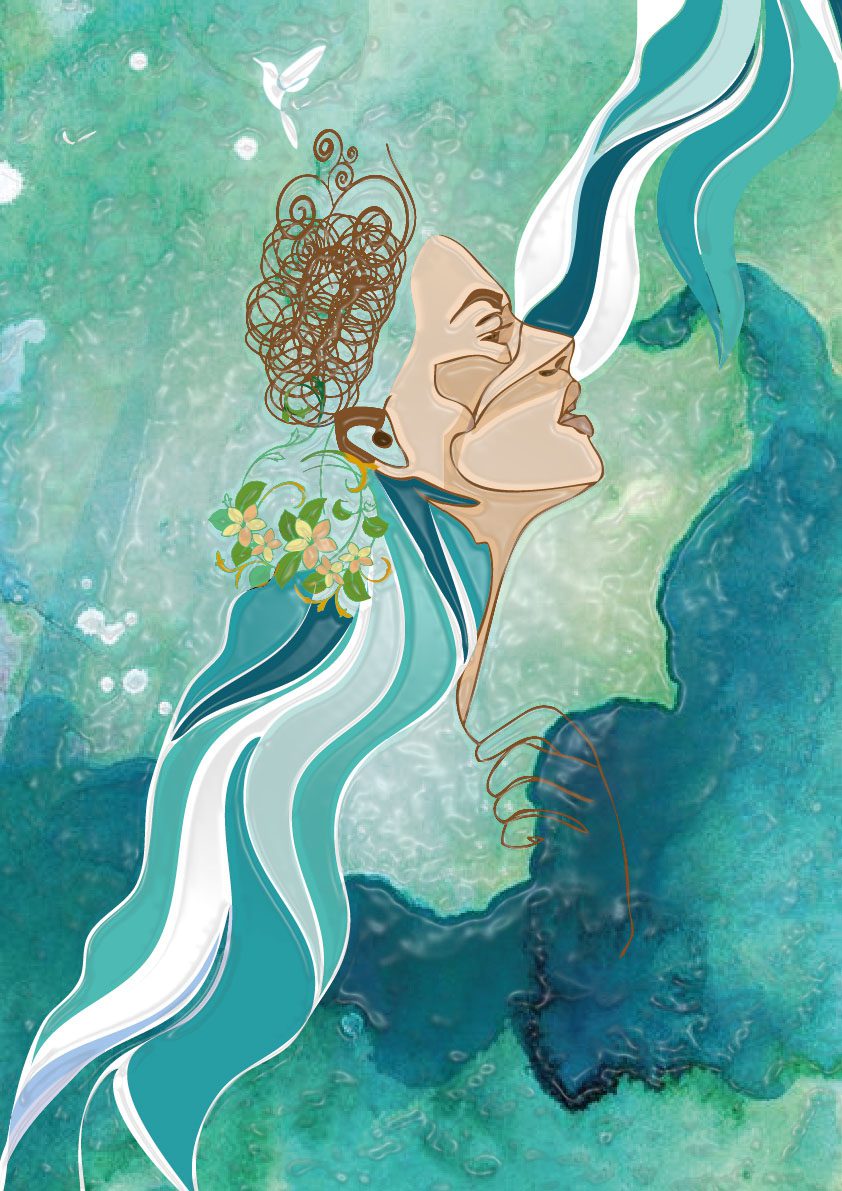

J. W. Cassandra: Halhatatlan szépség halandó köntösben: ezt a verset egy kedves barátomnak írtam kommentként. Ez a fotó inspirálta, és ő nekem ajándékozta. Megszerkesztettem a verset, és most megosztom mind angolul, mind magyarul. A fotó @_nature_beast_8896 vagy Shubham Vinay Patane tulajdona. Ko-operációban osztottuk meg ezt a kis verset az Instagramon. Remélem, tetszeni fog! ( Immortal Beauty in Mortal Cloak, by J. W. Cassandra: this poem I wrote as a comment to my dear friend inspired by his photo and he gifted it me. I edited the poem and now share it here both in English and Hungarian. The photo belongs to @_nature_beast_8896 or Shubham Vinay Patane. We shared this little poem in Instagram in co-operation. I hope you will like it!)
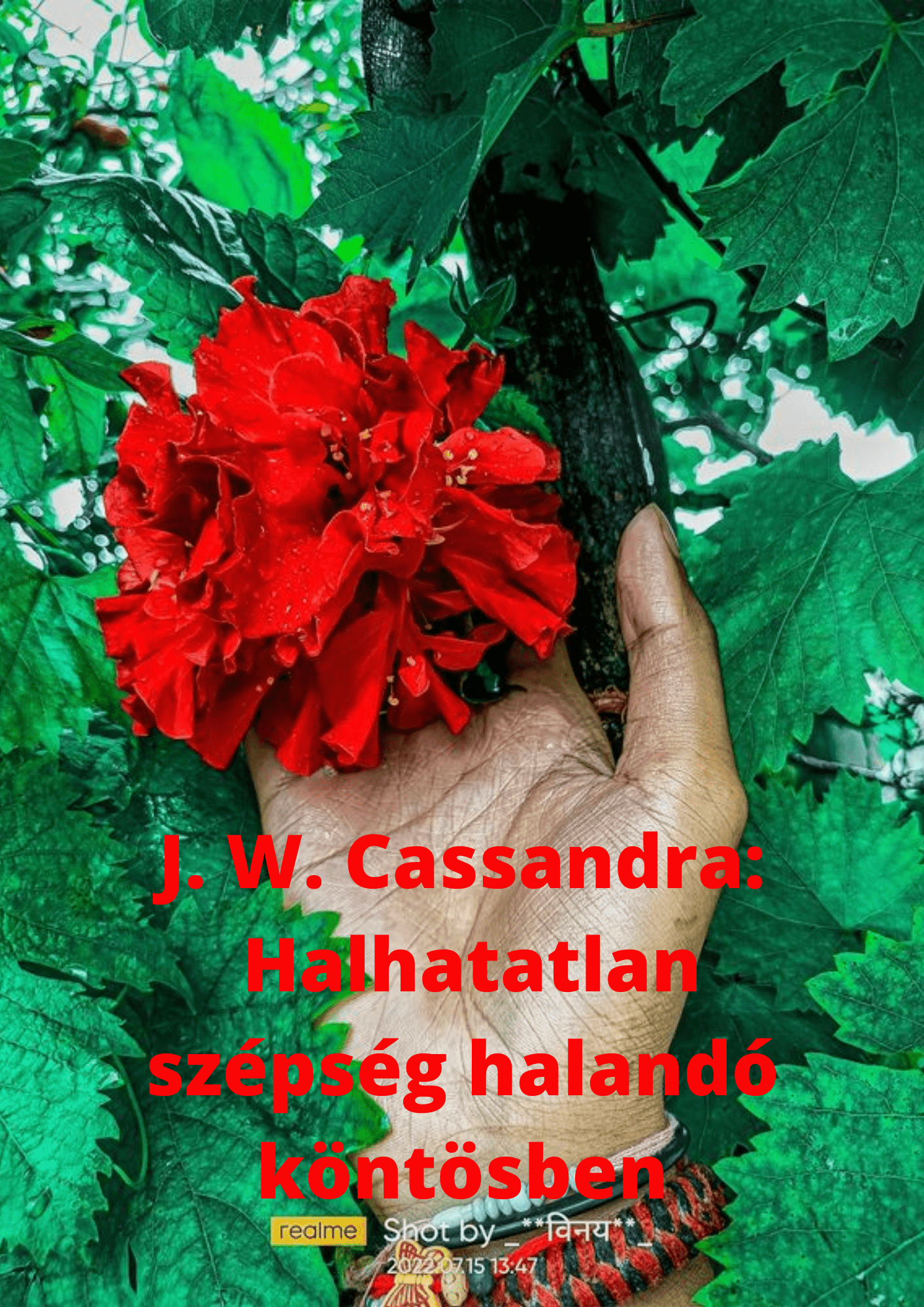

J. W. Cassandra: Halhatatlan szépség halandó köntösben: ezt a verset egy kedves barátomnak írtam kommentként. Ez a fotó inspirálta, és ő nekem ajándékozta. Megszerkesztettem a verset, és most megosztom mind angolul, mind magyarul. A fotó @_nature_beast_8896 vagy Shubham Vinay Patane tulajdona. Ko-operációban osztottuk meg ezt a kis verset az Instagramon. Remélem, tetszeni fog! ( Immortal Beauty in Mortal Cloak, by J. W. Cassandra: this poem I wrote as a comment to my dear friend inspired by his photo and he gifted it me. I edited the poem and now share it here both in English and Hungarian. The photo belongs to @_nature_beast_8896 or Shubham Vinay Patane. We shared this little poem in Instagram in co-operation. I hope you will like it!)
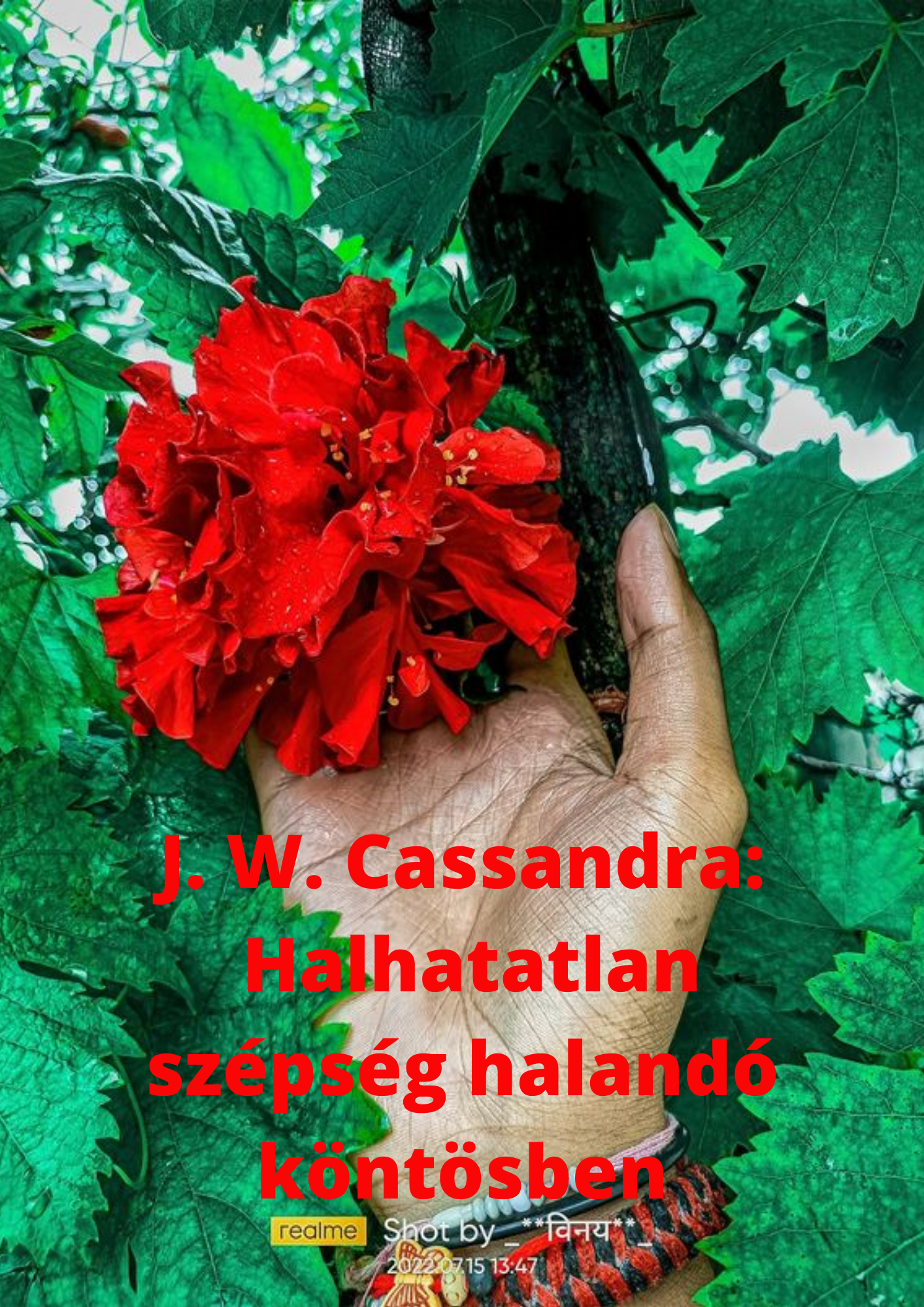

Immortal Beauty in Mortal Cloak, by J. W. Cassandra: this poem I wrote as a comment to my dear friend inspired by his photo and he gifted it me. I edited the poem and now share it here both in English and Hungarian. The photo belongs to @_nature_beast_8896 or Shubham Vinay Patane. We shared this little peom in Instagram in co-operation. I hope you will like it!
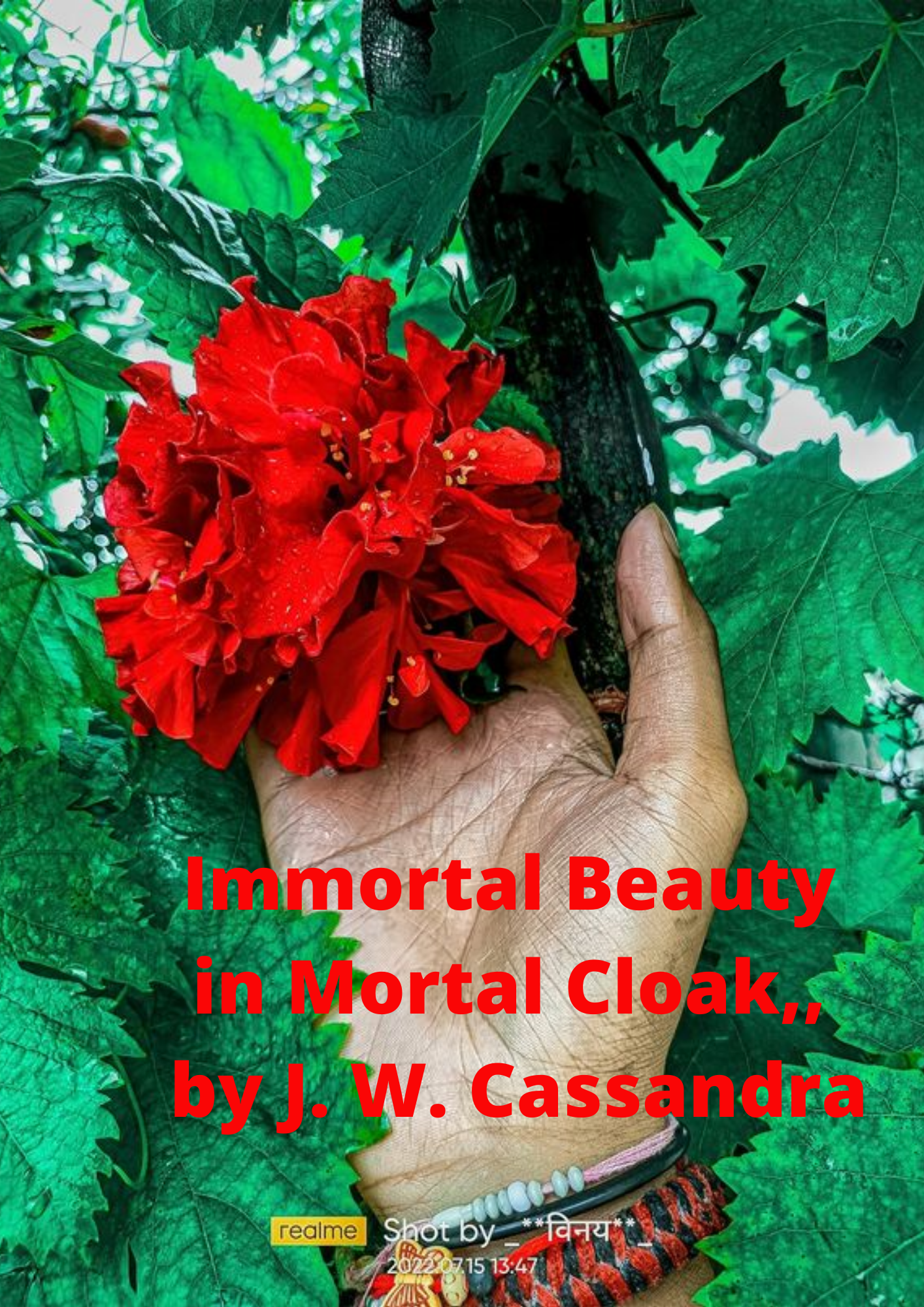

J. W. Cassandra: Pillangó a tengeren: ezt a verset nemrég írtam egyenest az Instagram eíró sávjába. Először angolul írtam meg, majd magyarul is. A fotót én magam készítettem Aszódon, a címlapot a Canván szerkesztettem. Még nem raktam be egyikbe sem a 18 kötetem közül. Itt a verset mind angolul, mind magyarul megosztom. Remélem, tetszeni fog ez a kis vers! (Butterfly on the Sea, by J. W. Cassandra: This poem was written recently right to the description bar in Instagram. First I wrote it in English, then in Hungarian. The photo I myself took in town Aszód, the pict for the title page I made in Canva. I did not place it yet into any of my volumes of the 18 ones. Here I share the poem both in English and Hungarian. I hope you will like this little poem.)
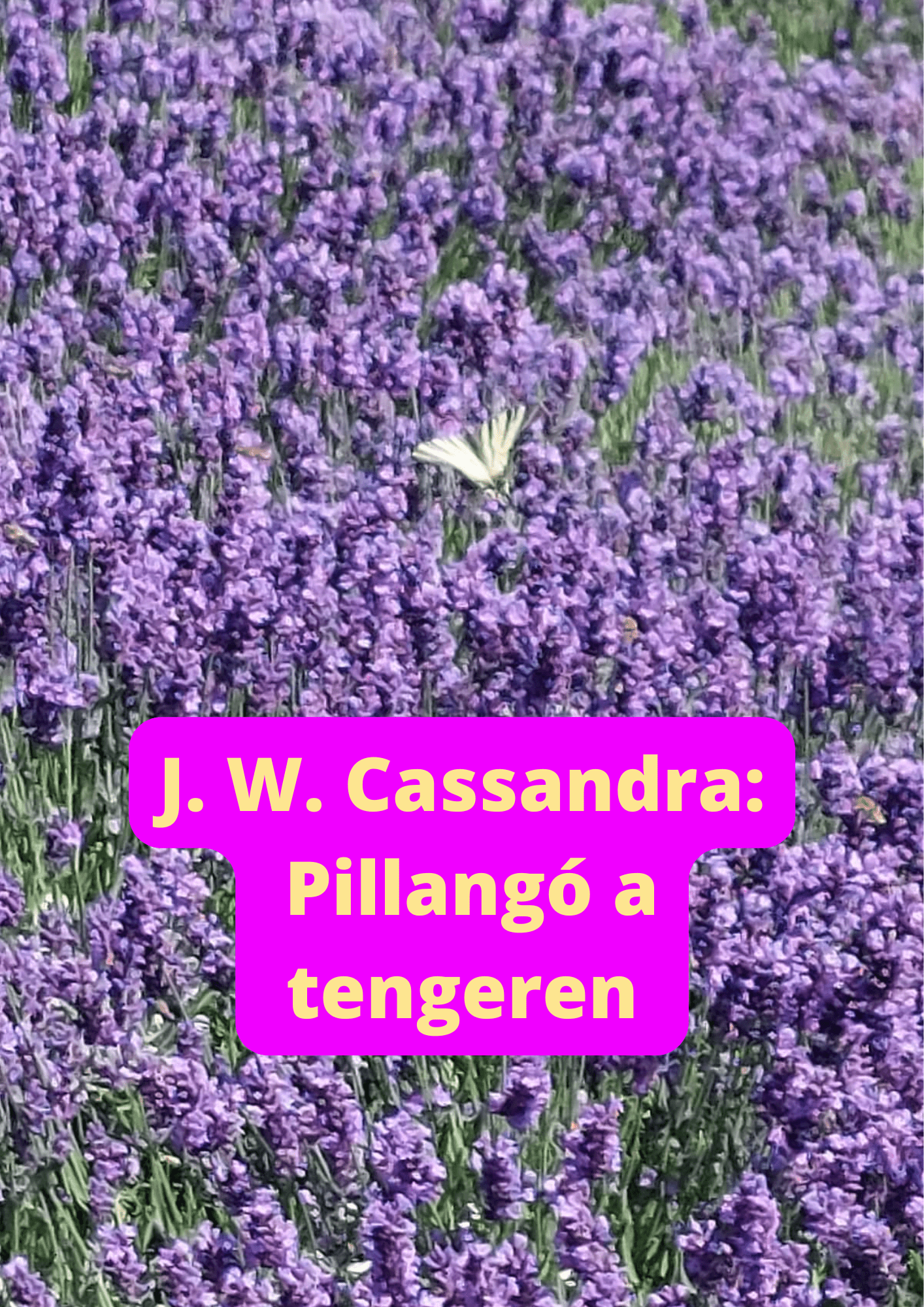

J. W. Cassandra: Pillangó a tengeren: ezt a verset nemrég írtam egyenest az Instagram eíró sávjába. Először angolul írtam meg, majd magyarul is. A fotót én magam készítettem Aszódon, a címlapot a Canván szerkesztettem. Még nem raktam be egyikbe sem a 18 kötetem közül. Itt a verset mind angolul, mind magyarul megosztom. Remélem, tetszeni fog ez a kis vers! (Butterfly on the Sea, by J. W. Cassandra: This poem was written recently right to the description bar in Instagram. First I wrote it in English, then in Hungarian. The photo I myself took in town Aszód, the pict for the title page I made in Canva. I did not place it yet into any of my volumes of the 18 ones. Here I share the poem both in English and Hungarian. I hope you will like this little poem.)
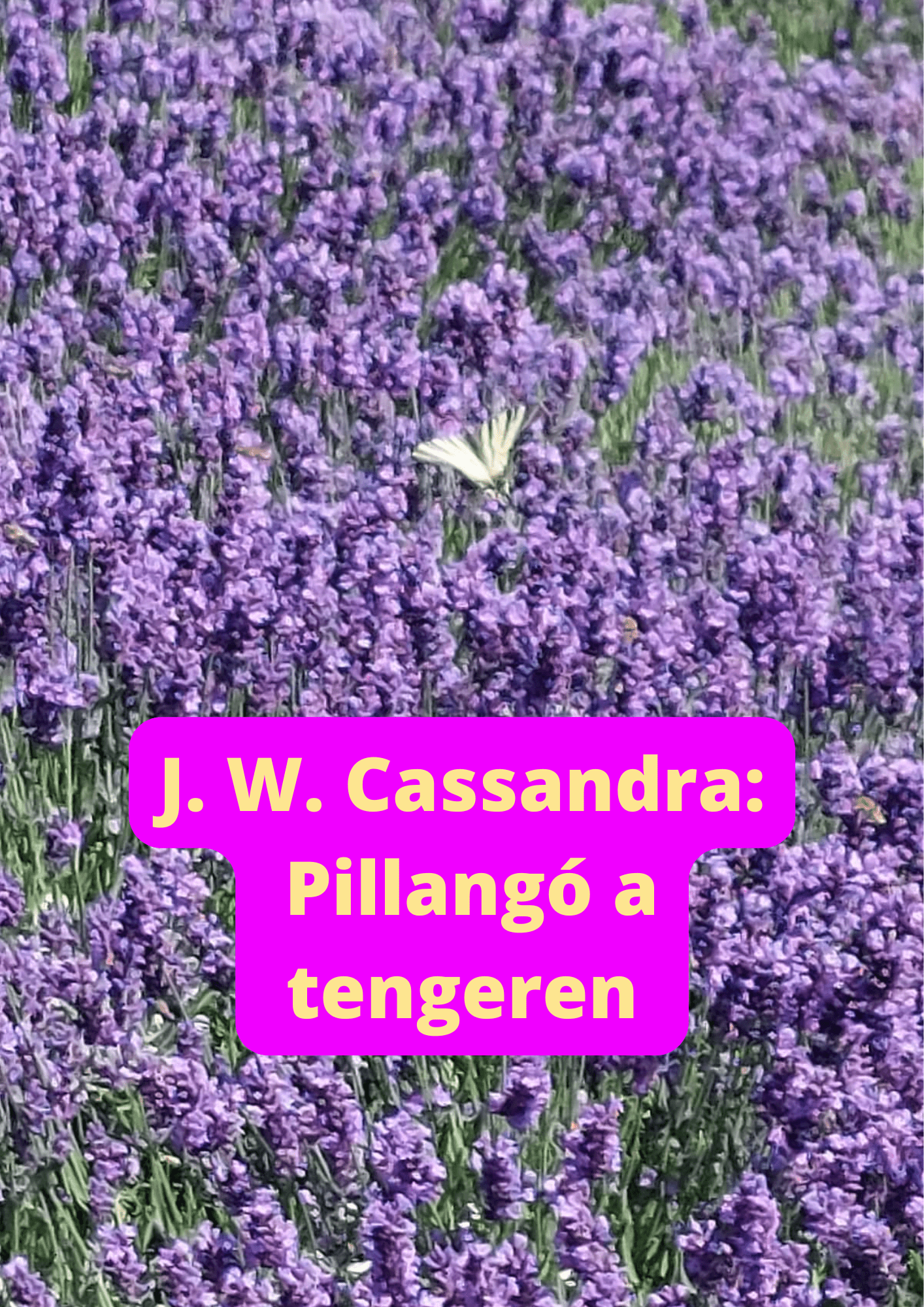

Butterfly on the Sea, by J. W. Cassandra: This poem was written recently right to the description bar in Instagram. First I wrote it in English, then in Hungarian. The photo I myself took in town Aszód, the pict for the title page I made in Canva. I did not place it yet into any of my volumes of the 18 ones. Here I share the poem both in English and Hungarian. I hope you will liket his little poem.
